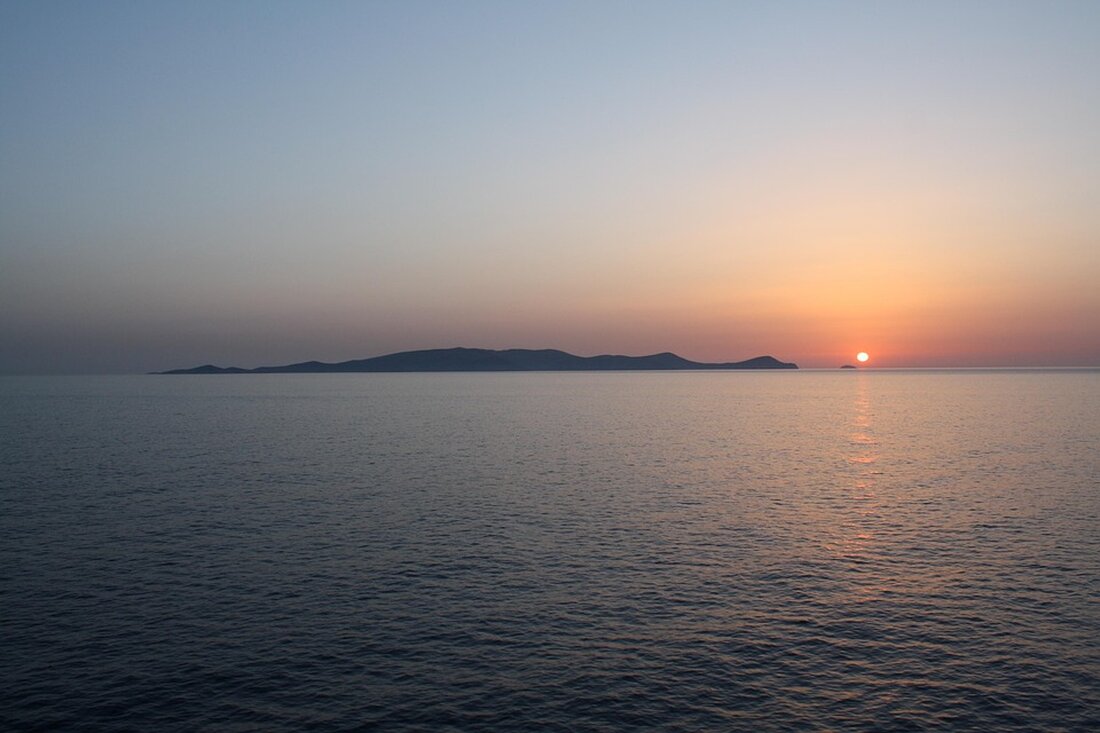Earthquake alarm on Crete: Holidaymakers worried – what to do now!
Series of earthquakes on Crete causes uncertainty for package tours. Things worth knowing about cancellation rights and security.

Earthquake alarm on Crete: Holidaymakers worried – what to do now!
In recent months, travelers around Crete have been rocked by a series of earthquakes. The strongest earthquake occurred on May 22, 2025 with a magnitude of 6.1 on the Richter scale and was felt as far away as Athens, the Cyclades and Cyprus. Seismologists recorded that this quake occurred over the subducting portion of Crete's solid plate, and was followed by nine aftershocks ranging in intensity from 2.5 to 3.5. As a result of the earthquakes, property damage occurred, such as part of a building in Heraklion collapsing and products falling off shelves in supermarkets. Some holidaymakers were reportedly woken up by the tremors in the early hours of the morning.
The repeated earthquakes in the region lead to increased concern among travelers. Despite the unsettling situation, travelers are often unaware of their legal options in the event of such natural events. According to the ADAC, earthquakes are considered “extraordinary circumstances”. This means that neither tour operators nor airlines are obliged to pay compensation.
Travel conditions and requirements
Holidaymakers should know that fears of earthquakes generally do not justify free cancellation of a booked trip. Travelers affected by an earthquake are generally not entitled to reimbursement of travel costs. The situation is different with package tours: tour operators must offer their customers alternative accommodation if their safety is at risk. In extreme cases, if there is panic at the destination and the situation is unclear, free cancellation may be possible under special conditions.
For individually booked flights and accommodation, travelers are responsible for organizing alternative accommodation and flights. If necessary, support should be requested directly from the German consulate or embassy. Particularly when trips are approaching, it is advisable to contact your own tour operator to discuss the current risk situation.
Helpful information for travelers
Although Greece is one of the most earthquake-prone countries in Europe, stricter building regulations since the 1980s have ensured that there have been few fatalities in recent years. Travel warnings from the Foreign Office should be taken seriously, but are not absolutely binding for tour operators. Affected travelers should be aware that they cannot expect a refund for prices already paid for services used.
The current series of earthquakes and the associated tsunami warning were classified as unlikely by civil protection, but the danger remains an important issue for travelers. Areas in Greece that are particularly at risk include Crete, Lesbos, Chios and Samos. A full understanding of the current situation is of great importance for holidaymakers traveling in these areas to ensure their safety and that of their companions.

 Suche
Suche
 Mein Konto
Mein Konto